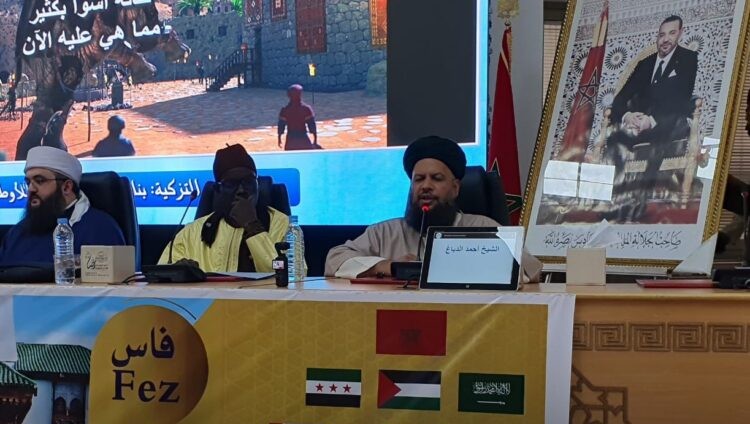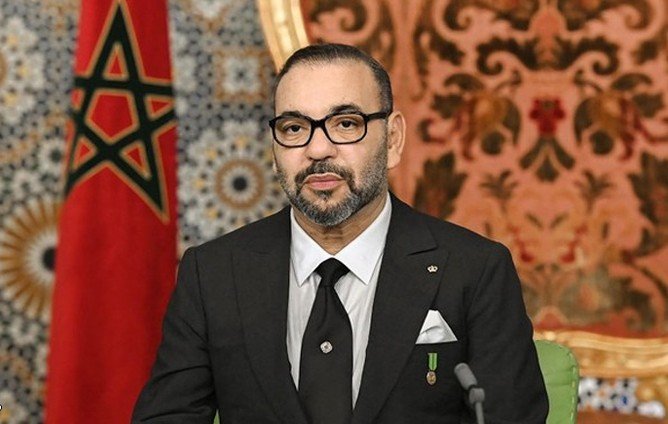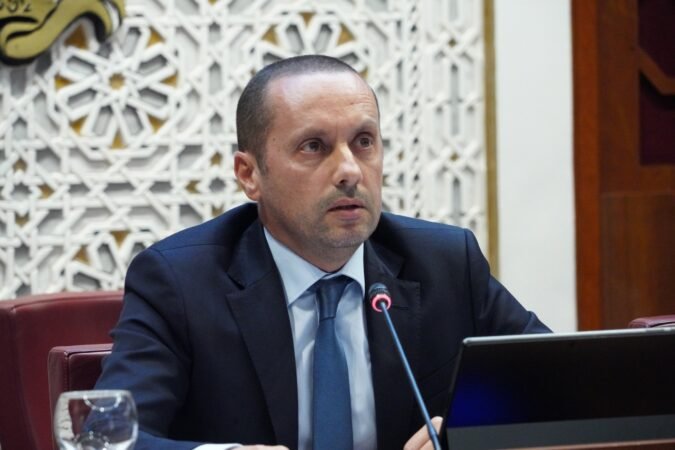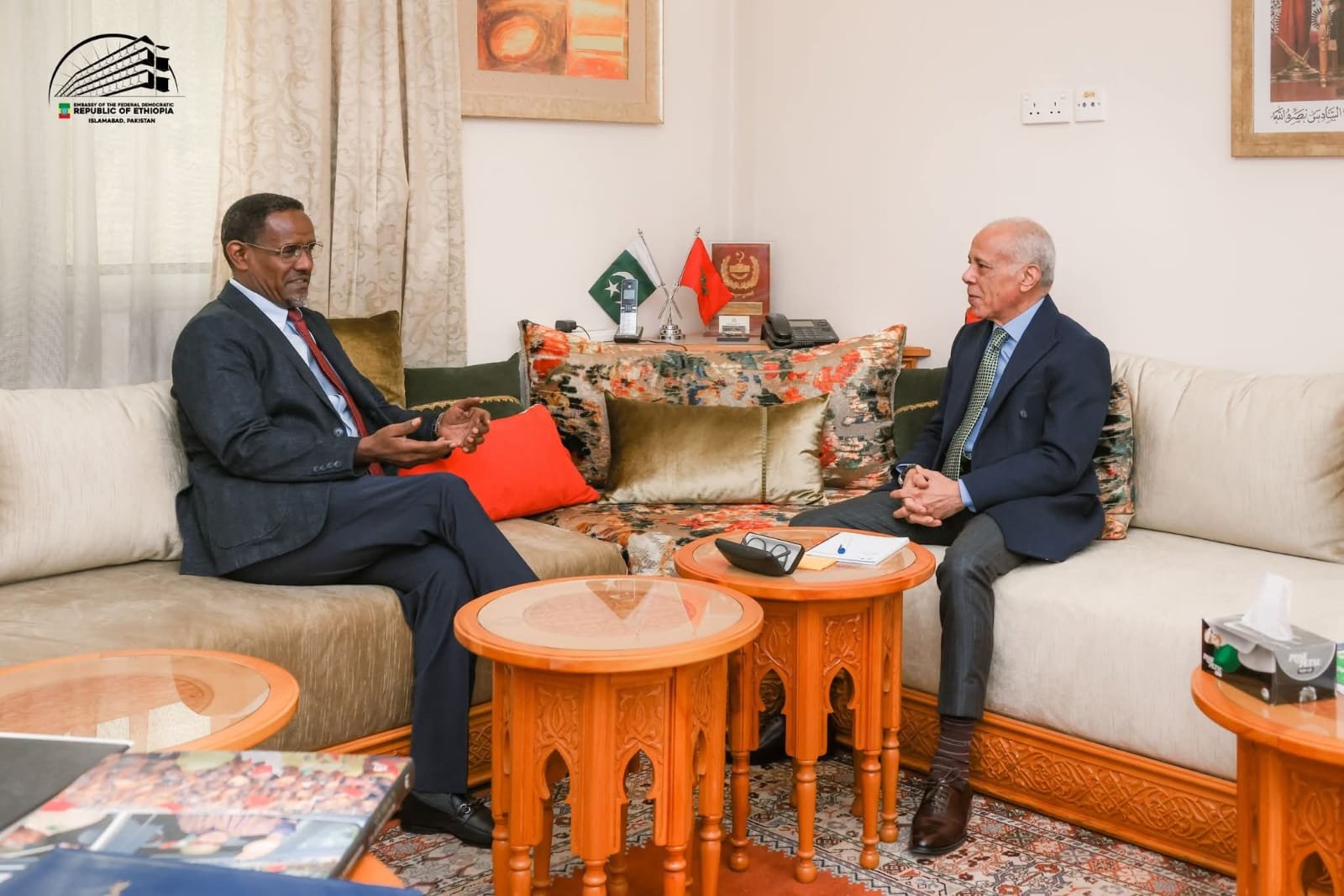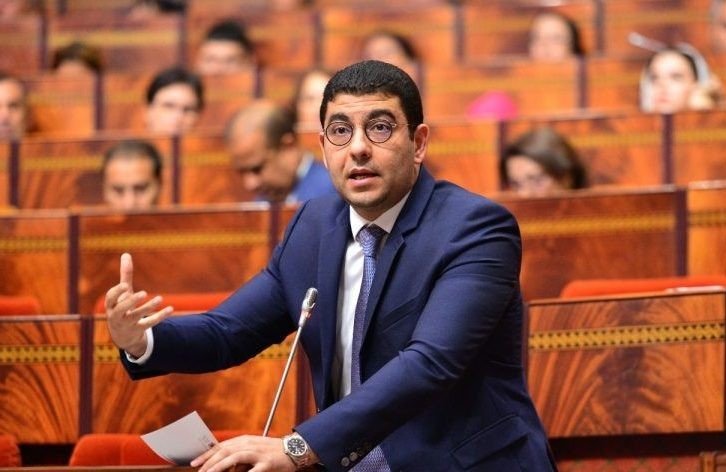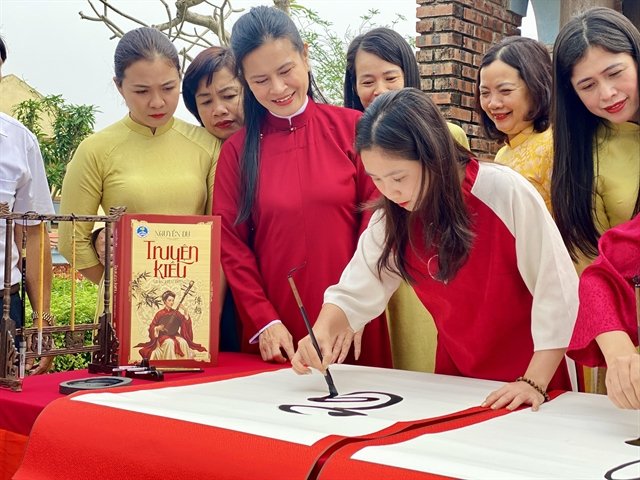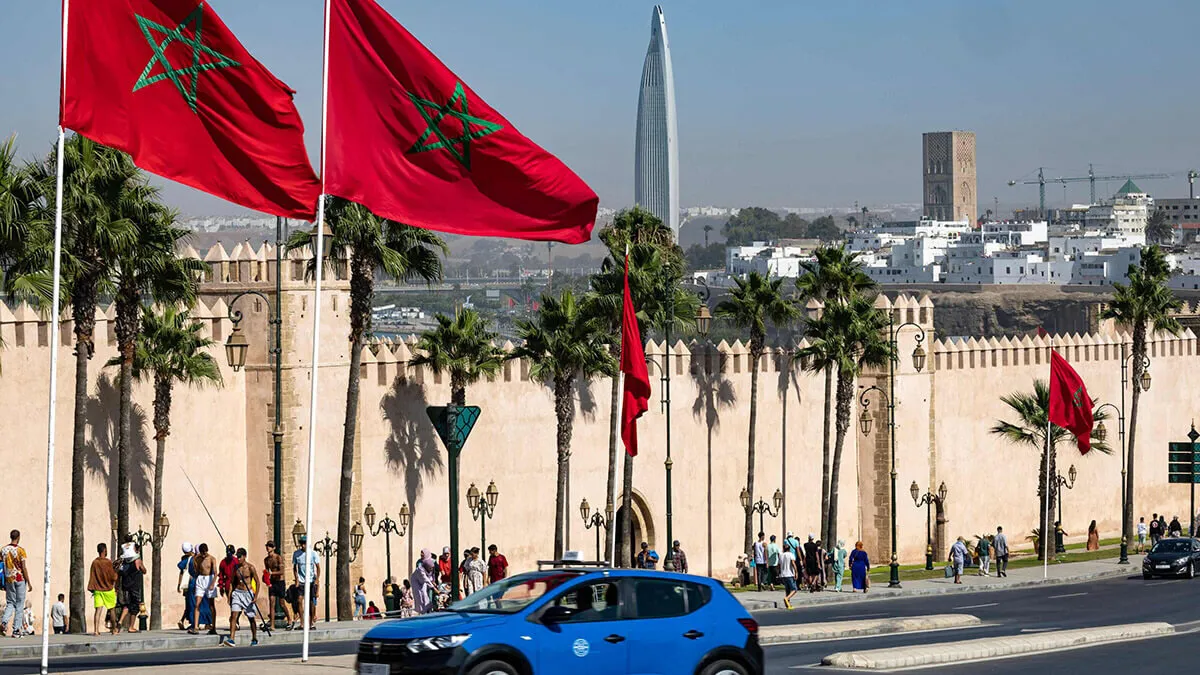Fez, August 13, 2025 – The Europe Today: The spiritual heart of Morocco, Fez, welcomed hundreds of scholars, Sufi shuyukh, and academics from 30 countries for the 5th Edition of the World Sufism Congress, held under the theme “The Sufi Path: Human Development & Homeland Protection.”
Organized by the International Academic Center for Sufi and Aesthetic Studies (IACSAS), the two-day gathering combined devotional practice with practical discourse, arguing that nations are secured not only by military strength but by the moral and spiritual refinement of their citizens.
Dr. Aziz El Kobaiti Idrissi Al Hassani, president of IACSAS, said Fez was chosen as the host city because it is Morocco’s spiritual capital. “Thousands are coming—scholars, academics, and shuyukh from different Sufi orders—to discuss tazkiya, the purification of the self, and how to build the human from inside in order to build peace outside,” he told Morocco World News.
Speakers throughout the sessions emphasized that the human being is composed of body, mind, heart, soul, and nafs (psyche), and that harmony among these elements fosters personal and societal well-being. One panel stressed that tazkiya is not merely a personal endeavor but a civic duty, while another highlighted the “Muhammadian light” as a model for ethical life.
From the United Kingdom, Sheikh Ahmed Al-Dabbagh underlined that individual flourishing depends on alignment with divine revelation and the Prophetic example, asserting that purification elevates both personal dignity and public life.
Keynote speeches urged a renewed focus on spiritual discipline—refining intentions, restraining ego, and directing energy toward service. The recurring message was that without tazkiya, social and civic initiatives remain fragile.
Fez’s historic Sufi heritage and centuries-old scholarly tradition provided a fitting setting for the congress. Between keynote addresses, participants recited poetry and shared stories from local zawiyas that integrate faith with ethical conduct.
Speakers also expressed gratitude to King Mohammed VI for preserving Morocco’s religious balance, grounded in Maliki jurisprudence, Ash‘ari creed, and the Sufism of Junayd—an approach they said shields society from both extremism and complacency.
Dr. El Kobaiti’s scholarly contributions formed an intellectual backbone for the event. His works, including Islamic Sufism in the Global Context, explore how tazkiya fosters ethical citizenship, interfaith understanding, and civic resilience, both in Morocco and in the global diaspora.
By the close of the opening session, one Quranic verse emerged as the event’s unifying statement: “Successful is the one who purifies himself and remembers the name of his Lord, then prays.” The Congress did not claim spirituality alone could resolve political challenges; rather, it advanced the view that lasting peace begins within the human soul and radiates outward—to the home, community, and nation.
